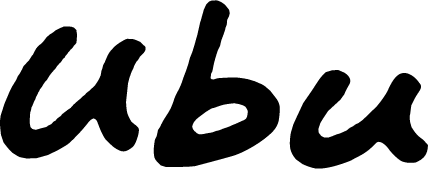As of 2020, the European (EU) art market became a “regulated” sector for anti-money laundering (“AML”) purposes. This legislation has also been adopted by the UK and will not be impacted by Brexit. It is also expected that the US will adopt similar legislation in the near future.
Crucially, this means that all galleries and dealers who are involved in transactions worth €10,000 EUR or more must carry out satisfactory “know your client” (“KYC”) and customer due diligence (“CDD”) checks before completing such transactions. It applies to both new and existing clients from the EU and the UK transacting with us as of this year. The checks that we are required to carry out and the records that we must keep are similar to the KYC processes that banks, law firms and some of the major auction houses have followed for some time.
Specifically, the regulations require us to conduct a “Money Laundering Risk Assessment,” which considers specific flash points of risk – including customer, geography, products, transactions and delivery channels – when carrying out the risk assessment. When entering into a relationship/transaction, CDD must be conducted to identify the customer. Enhanced Due Diligence (“EDD”) checks are required in certain circumstances, including where the customer is “established in a high risk jurisdiction” and/or is a “Politically Exposed Person” (“PEP”). All agreements to sell are conditional on the satisfactory completion of KYC and CDD checks.
For artworks being invoiced to an individual, we will need to see an original or digital copy of your passport or other similar photo identification confirming full name, date of birth and nationality. We will also need details of your permanent residential address. This must be supported by a property deed, lease or recurring utility bill (electric, gas, water, etc.). Funds must be received from a bank, securities or currency brokerage account which reflects the name of the party which appears on the invoice.
If the work is being invoiced to a company, museum, not-for-profit (“NFP”), foundation or trust, we will need copies of the incorporation or commensurate organization documents – or we will only be able to accept funds following confirmation that the source of funds is in line with these new legal requirements. This may require us to request further forms of I.D., such as a bank statement for the account from which payment is being made “establishment” documents – and details (as per the items required from individuals, as listed above) of the company’s directors and ultimate beneficial owners.
In a situation where an agent/advisor is acting on behalf of a buyer, we are required to identify the ultimate buyer, in addition to the agent, and carry out “KYC” on all parties involved.
We will only be able to accept funds following confirmation that the source of funds is in line with these new legal requirements. This may require us to request further forms of ID, such as a bank statement for the account from which payment is being made. We will only be able to receive funds from the person named on the invoice unless, by prior agreement, you have discussed with us that you wish for a third party to pay the invoice and we confirm that we have satisfactorily carried out the necessary due diligence on the third party. Without such confirmation, unfortunately we may not be able to accept the funds.
We are legally obliged to ask for this information from all of our EU and UK clients, regardless of the length of our relationship. We may also request it, at our sole discretion, from our US clients in parallel with the requirements imposed on our EU and UK clients. Please be assured that all personal data will be held and processed securely in accordance with data protection legislation and our own Data Privacy Policy.
If you are interested to read the British Art Market Federation’s “Guidance on Anti-Money Laundering” as approved by Her Majesty’s Treasury, please click here.
